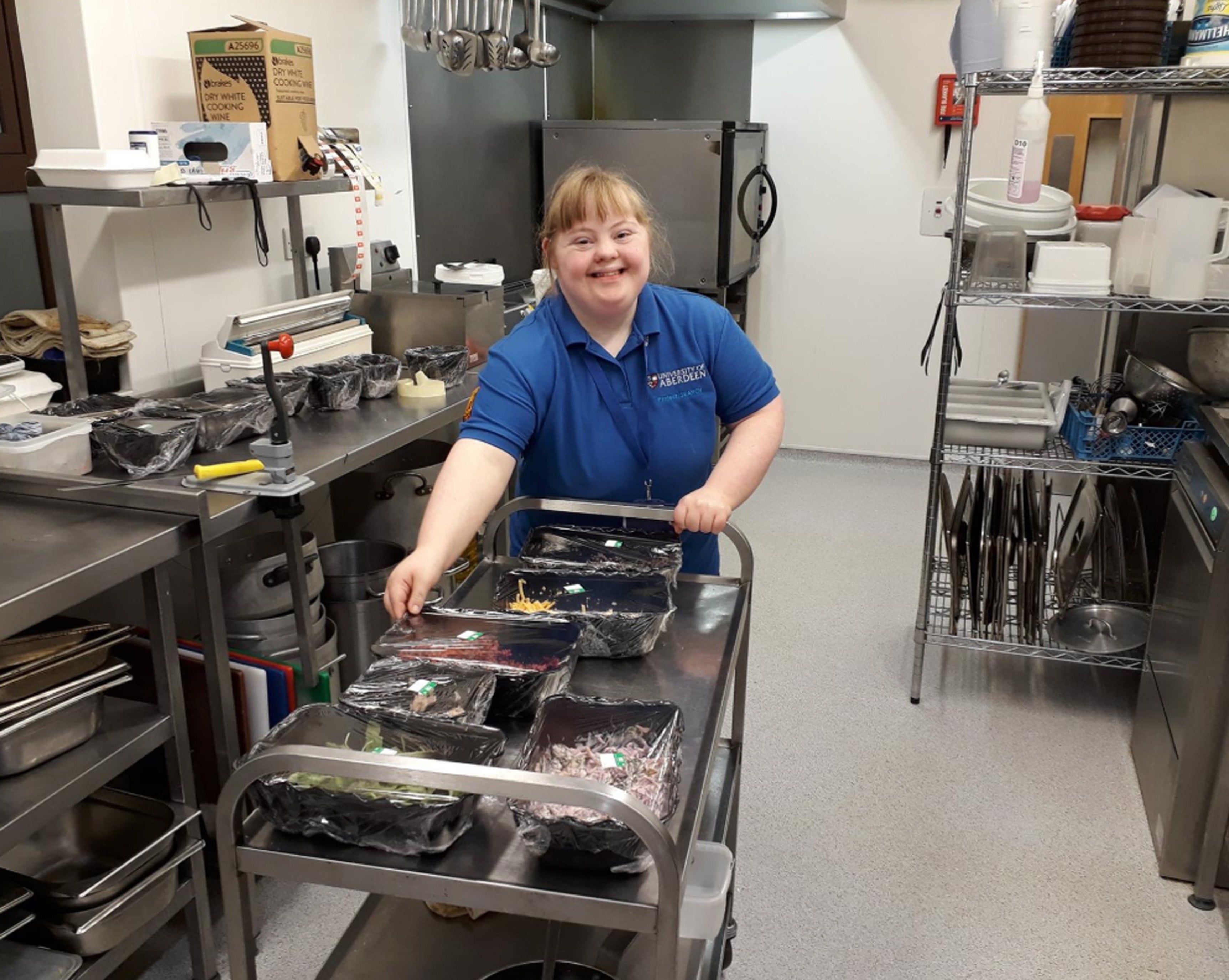Campaign aims to boost number of young adults with SEND in work by 10,000
The charity DFN Project Search aims to help 10,000 young adults with special educational needs and disability into paid work by 2030.

Your support helps us to tell the story
From reproductive rights to climate change to Big Tech, The Independent is on the ground when the story is developing. Whether it's investigating the financials of Elon Musk's pro-Trump PAC or producing our latest documentary, 'The A Word', which shines a light on the American women fighting for reproductive rights, we know how important it is to parse out the facts from the messaging.
At such a critical moment in US history, we need reporters on the ground. Your donation allows us to keep sending journalists to speak to both sides of the story.
The Independent is trusted by Americans across the entire political spectrum. And unlike many other quality news outlets, we choose not to lock Americans out of our reporting and analysis with paywalls. We believe quality journalism should be available to everyone, paid for by those who can afford it.
Your support makes all the difference.A new campaign will aim to boost the number of young people in work with a learning disability or autism by 10,000 in the next eight years.
The charity DFN Project Search is aiming to support 10,000 young adults between 18-25 years old with Special Educational Needs and Disability (SEND) into paid work by 2030.
Its #InclusionRevolution initiative encourages UK businesses to recognise the social and economic value in employing young adults with SEND.
We work with so many brilliant young people who will make some of the best employees, but just need the opportunity
This is not just about doing “what is socially and morally correct” but makes business sense when many sectors are struggling with a skills gap, the charity said.
DFN Project Search provides a one-year supported internship programme for young adults with a learning disability and/or autism spectrum condition to help them make the transition from education to work.
It works with local authorities, education providers, families and host employers ranging from NHS Trusts to some of the UK’s biggest businesses.
More than 70% of programme graduates gain jobs, and the charity has supported almost 2,000 people into paid work to date.
Claire Cookson, chief executive of DFN Project Search, said: “We know that young people regularly say that getting a new job feels ‘impossible now’ because of the competition.
“For young people with learning disabilities or autism, getting a job is even harder.
“The impact of that means they are more likely to be socially isolated, live in poverty and poor housing, and have a shorter life expectancy.
“It doesn’t need to be like that. Our evidence-based model challenges misconceptions and enables young adults with a learning disability and autism spectrum conditions reach their full potential through employment.
“We work with so many brilliant young people who will make some of the best employees, but just need the opportunity.”
The charity is calling on all businesses to review their recruitment procedures and consider employing more young adults with a learning disability, autism spectrum condition, or both.